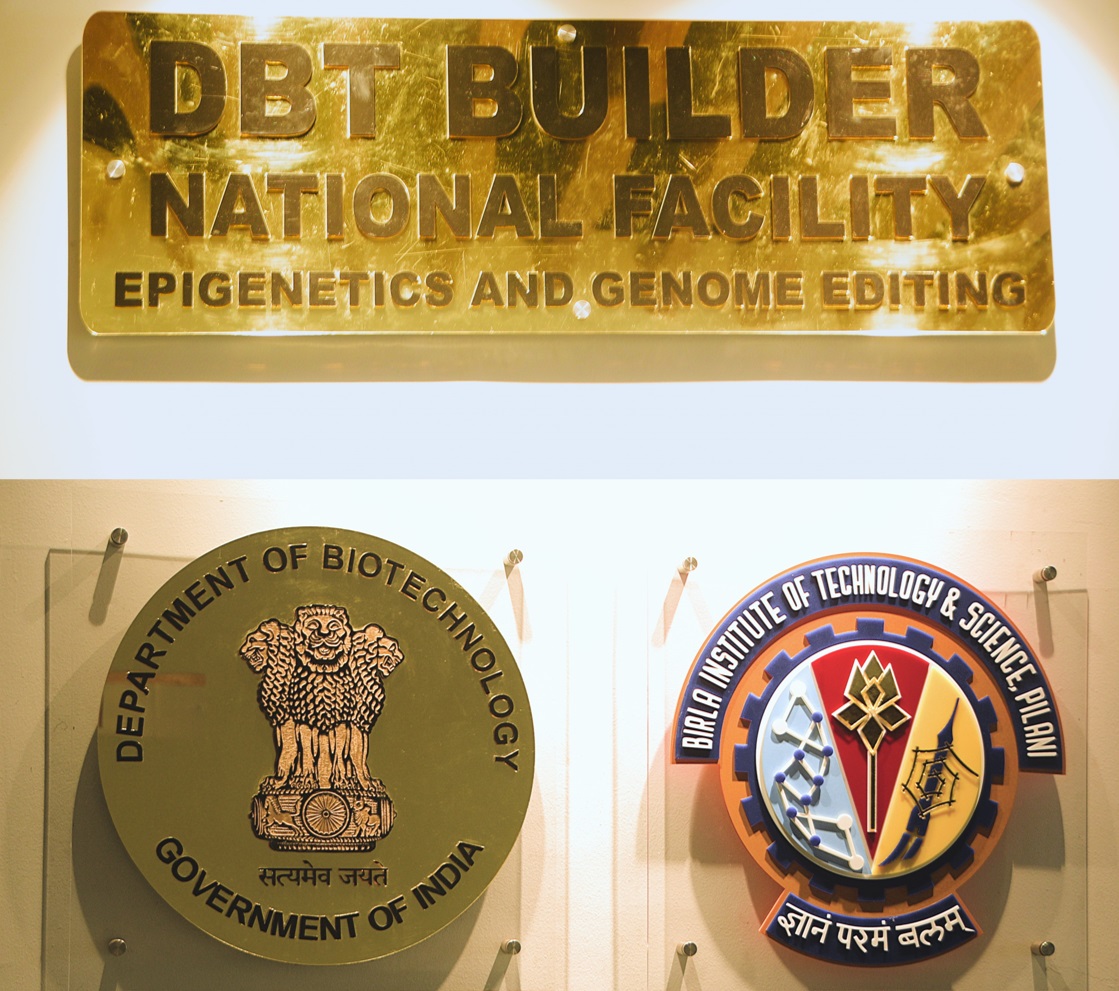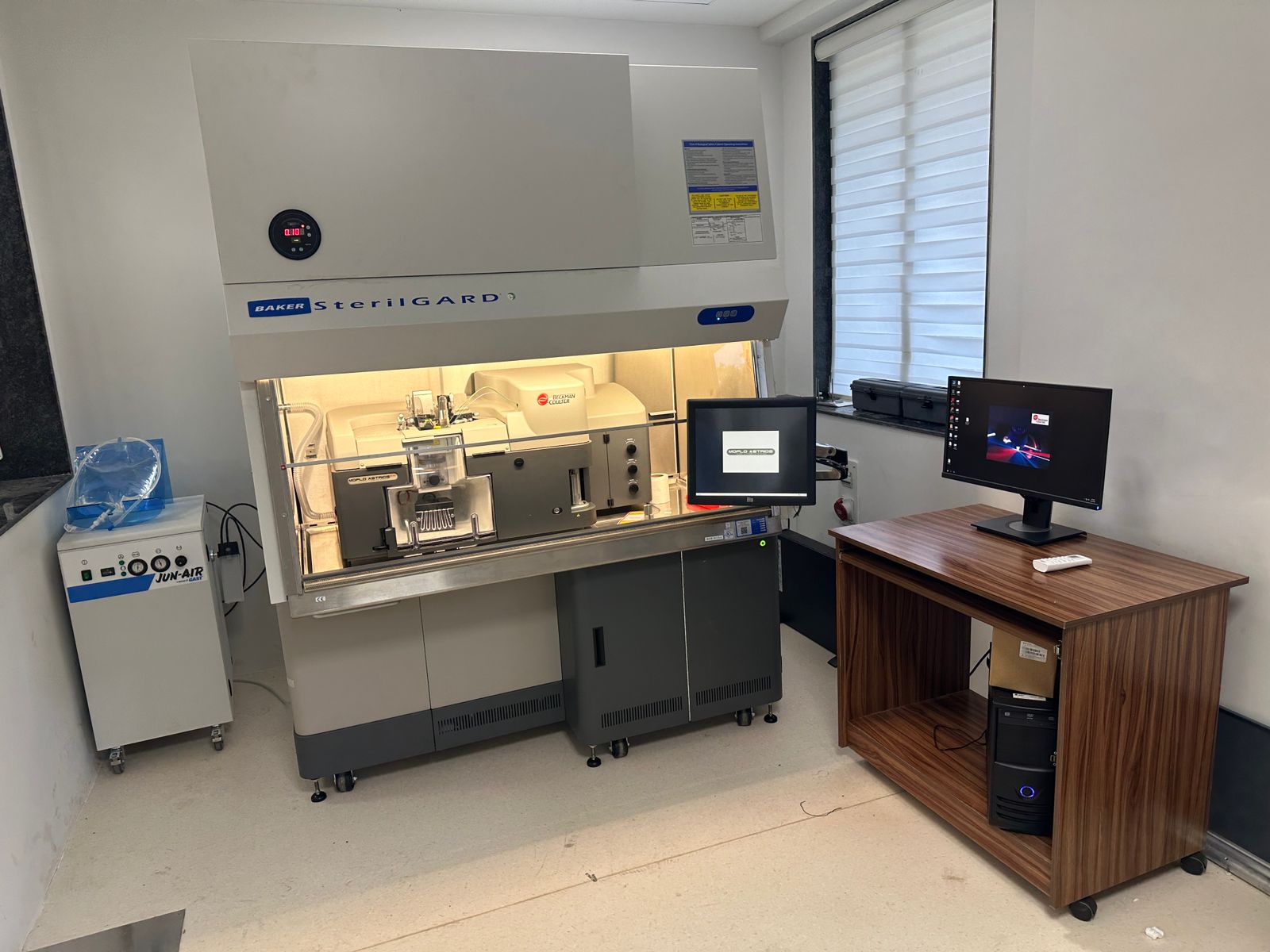


The Droplet Digital Polymerase Chain Reaction (ddPCR) instrument offers a significant advancement over traditional PCR methods by providing highly precise and sensitive quantification of nucleic acids. Unlike conventional PCR, which relies on exponential amplification and is prone to variability, ddPCR partitions the sample into thousands of individual droplets, allowing for absolute quantification without the need for standard curves. This droplet-based system enables the detection of rare genetic mutations, copy number variations, and low-abundance targets with greater accuracy.
Additionally, ddPCR minimizes the effects of PCR inhibitors and enhances reproducibility, making it an ideal choice for applications in cancer research, gene expression analysis, and pathogen detection. By choosing ddPCR, researchers can achieve more reliable results, paving the way for groundbreaking discoveries in molecular biology.
ddPCR is a versatile tool with a wide range of applications in molecular biology, including:
Fluorescence-activated cell sorting (FACS) is a powerful and versatile instrument widely used in biomedical research for cell analysis and sorting. FACS allows for the precise identification and isolation of specific cell populations based on fluorescent labeling. Unlike traditional cell sorting methods, FACS enables high-throughput sorting of individual cells with exceptional accuracy, even within heterogeneous mixtures. This technology is particularly valuable for applications such as:
The precision, speed, and ability to sort cells based on multiple parameters simultaneously make FACS an essential tool for modern cell biology and clinical diagnostics.
